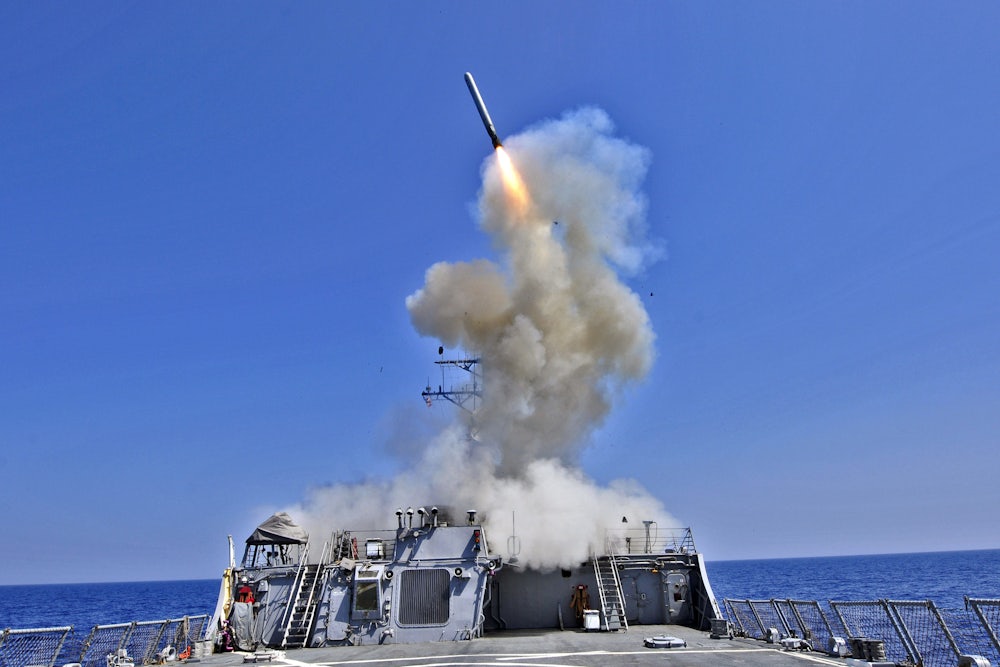With ISIS in retreat, the likelihood of a larger American intervention in Syria is increasing rather than decreasing. This is because the various factions fighting ISIS—the remnants of Bashar al-Assad’s regime, as well as Russia, Iran, and the U.S.—are getting ready to maximize their power in the post-ISIS world.
Last night, White House Press Secretary Sean Spicer released an ominous statement warning of future chemical attacks by Assad that the United States would be prepared to answer:
Statements from @PressSec on #syria pic.twitter.com/gEqPAf6WBk
— Sean Spicer (@PressSec) June 27, 2017
There were reports last night, now denied by the White House, that both CENTCOM and the State Department were caught off guard by Spicer’s statement.
Last night Nikki Haley, the U.S.’s ambassador to the United Nations, also tweeted:
Any further attacks done to the people of Syria will be blamed on Assad, but also on Russia & Iran who support him killing his own people.
— Nikki Haley (@nikkihaley) June 27, 2017
As CBS News reports, “The U.N. Security Council is meeting on Tuesday morning on Syria, expected to be briefed by Special Envoy Staffan de Mistura on political developments ... and Council members will consider new information on chemical weapons attacks.”
The statements by Haley and Spicer, coupled with the U.N. meeting, point to a real possibility of a more intense American intervention, one that could lead to a greater conflict with Iran, Russia, and Syria.
